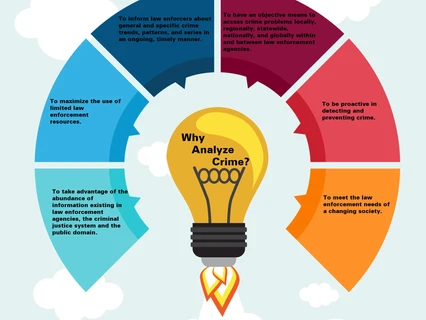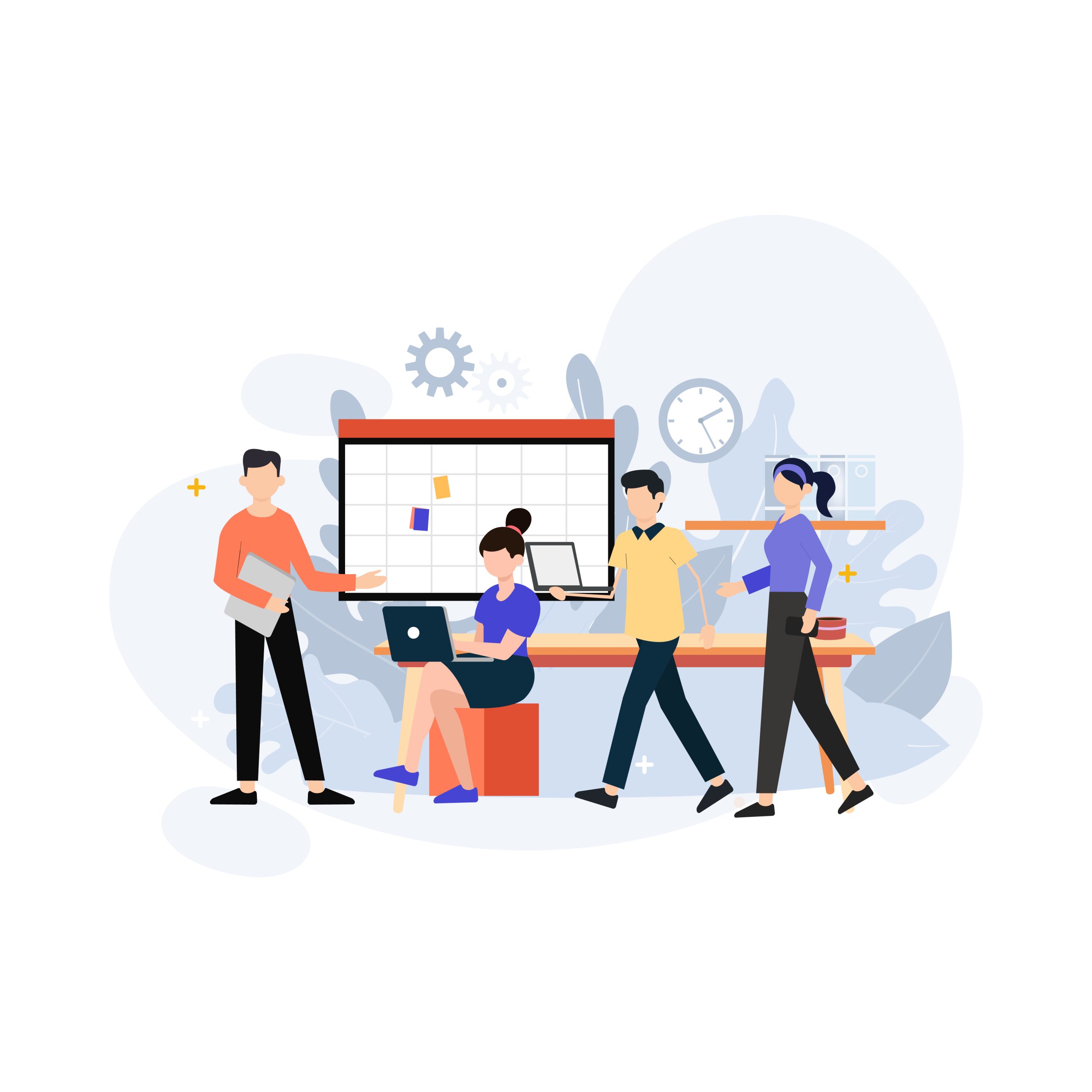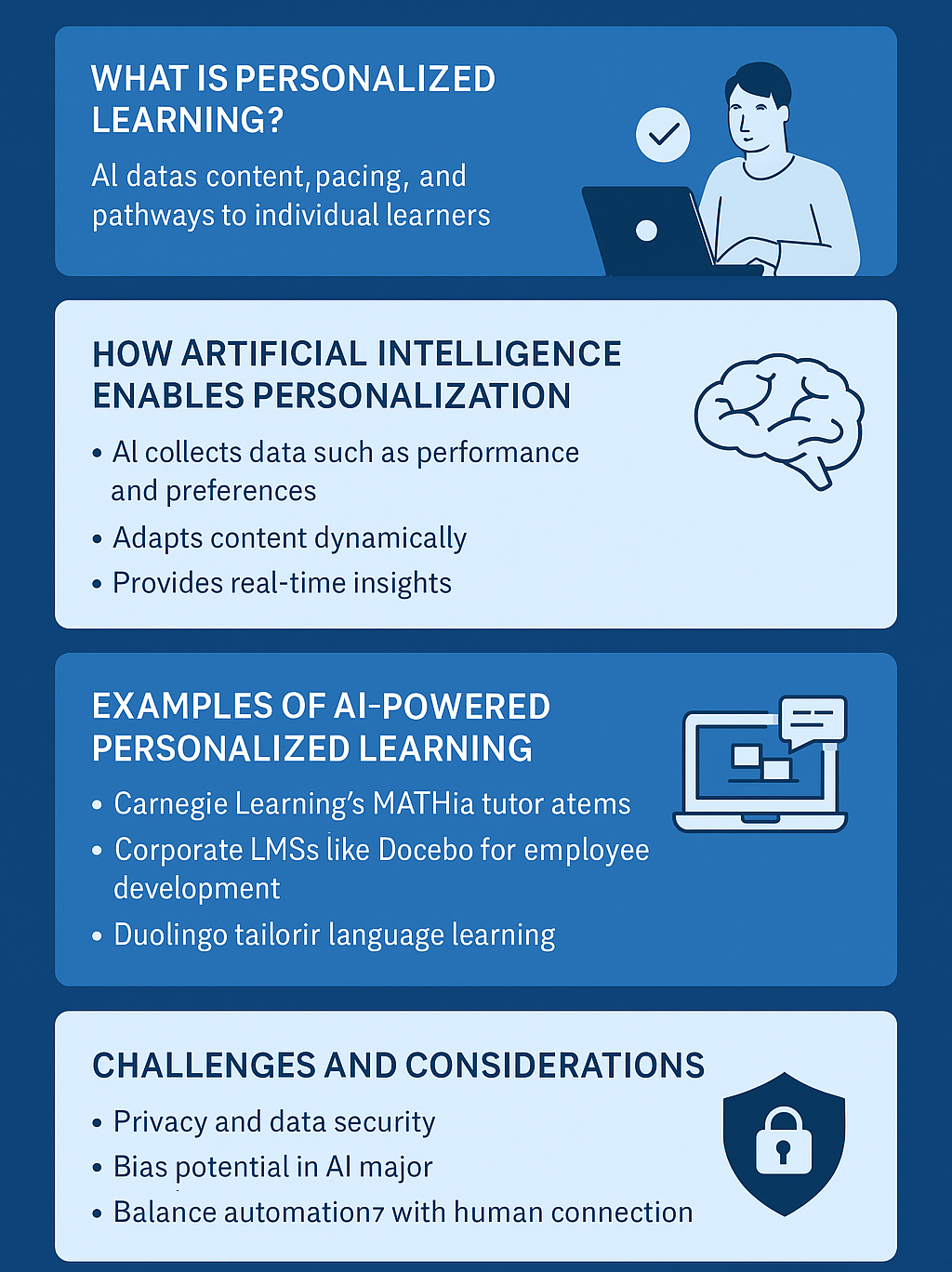Did you know that over 75% of professionals believe that LMS courses have significantly enhanced their skill development? In today’s fast-paced world, continuous learning is crucial for career growth and staying relevant in the job market. That’s why online learning platforms offering e-learning courses through their learning management systems (LMS) have become the go-to solution.
One such platform that stands out from the rest is Agnes Elisa. With a vast array of LMS courses and a user-friendly interface, Agnes Elisa has established itself as a leading online learning platform for professionals seeking to advance their skills.
Key Takeaways:
- LMS courses have become essential for skill development in the professional realm.
- Online learning platforms offer a wide range of e-learning courses through their LMS.
- Agnes Elisa is a top-notch online learning platform for professionals.
- Continuous learning is crucial for career growth and market competitiveness.
- Over 75% of professionals acknowledge the impact of LMS courses on skill development.
The Benefits of LMS Courses
In today’s fast-paced world, continuous learning and professional development are crucial for success. LMS courses have emerged as a game-changer, providing individuals with the opportunity to enhance their skills and expertise conveniently and effectively. Let’s explore the various benefits of taking LMS courses for skill development.
Revolutionizing Professional Development
Online education and distance learning have revolutionized professional development by eliminating geographical barriers and providing access to high-quality courses from top institutions. Professionals can now learn from the comfort of their homes, eliminating the need to travel or relocate. This flexibility allows individuals to balance their work and personal commitments while focusing on their skill development.
Learning at Your Own Pace
One of the biggest advantages of LMS courses is the ability to learn at your own pace. Unlike traditional classroom settings, where everyone progresses at the same speed, online education provides the flexibility to go through the course material as quickly or as slowly as desired. This personalized learning experience ensures a deeper understanding of the subject matter and effective knowledge retention.
Convenience and Accessibility
With LMS courses, professionals no longer have to sacrifice their busy schedules or put their careers on hold to pursue further education. Online education allows individuals to access course materials and lectures anytime, anywhere, making it convenient for working professionals to fit learning into their daily routines.
Interactive Learning Environment
LMS courses often incorporate interactive elements, such as discussion forums, virtual classrooms, and multimedia content, to promote engagement and interaction among learners. These features enhance the learning experience by facilitating collaboration with peers, sharing insights, and receiving feedback from instructors.
Expanding Professional Networks
Through LMS courses, professionals have the opportunity to connect with learners from various industries, backgrounds, and geographical locations. This expanded network fosters collaboration, knowledge sharing, and the development of valuable professional relationships, which can lead to new opportunities and career advancements.
Overall, LMS courses have revolutionized professional development by providing individuals with the flexibility, convenience, and access to high-quality education. Whether you are looking to enhance your existing skills or acquire new ones, LMS courses offer a valuable platform for continuous learning and career growth.
Choosing the Right LMS Course for Your Needs
When it comes to skill development, choosing the right LMS course is crucial. With the abundance of options available, it’s essential to consider the factors that will align with your specific needs and goals. By selecting the right courseware, you can enhance your skills and stay competitive in today’s fast-paced world.
Factors to Consider
Here are some key factors to keep in mind when selecting an LMS course for skill development:
- Relevance: Ensure that the course content is directly applicable to the skills you want to develop. Look for courses that align with your industry, job role, or specific areas of interest.
- Educator Expertise: Research the background and experience of the course instructors or trainers. Check for certifications, professional achievements, and industry recognition to ensure that you’re learning from experts in the field.
- Course Duration and Flexibility: Evaluate the course length and schedule to determine if it fits your availability. Look for options that allow you to learn at your own pace, providing flexibility to accommodate your busy lifestyle.
- User Reviews and Ratings: Read reviews and ratings from previous learners to gain insights into the course quality, effectiveness, and engagement. Genuine feedback can help you make an informed decision.
By considering these factors, you can narrow down your options and find an LMS course that caters to your specific skill development needs.
The Role of Courseware
One essential aspect to consider is the courseware provided in the LMS course. Courseware refers to the educational materials, resources, and tools that facilitate the learning process. It plays a crucial role in enhancing your skills and knowledge.
When evaluating courseware, look for the following:
- Comprehensive Content: Ensure that the courseware covers all the necessary topics and provides in-depth knowledge in your chosen area of skill development.
- Interactive Elements: Look for courseware that incorporates interactive elements like quizzes, assignments, and practical exercises. These activities make the learning process more engaging and enhance knowledge retention.
- Multi-Format Resources: Seek courses that offer diverse learning resources, such as videos, tutorials, eBooks, and case studies. Different formats cater to various learning styles, making the material more accessible and impactful.
By choosing an LMS course with well-designed and comprehensive courseware, you can optimize your learning experience and acquire valuable skills for personal and professional growth.
Exploring Virtual Classrooms in LMS Courses
In today’s digital era, virtual classrooms have emerged as a dynamic and effective learning environment within LMS courses. These virtual classrooms provide a unique experience that fosters engagement and interaction among learners, creating an immersive online learning experience.
So, what exactly is a virtual classroom? It is a web-based platform that replicates the traditional classroom setting, allowing learners to attend live classes, interact with instructors in real-time, and collaborate with fellow learners through various interactive tools.
This innovative learning environment offers several advantages over traditional classroom learning:
- Flexibility: Learners can attend classes from any location, eliminating the need for commuting or adhering to rigid schedules. This flexibility enables individuals to balance their professional and personal commitments while still dedicating time to enhance their skills.
- Engagement: Virtual classrooms offer a range of interactive features, such as live chat, discussion forums, and multimedia resources. These features facilitate active participation and collaboration, enabling learners to engage with the course material and interact with their peers and instructors.
- Customized Learning: Virtual classrooms provide personalized learning experiences, allowing learners to access course materials, assignments, and resources at their own pace. This flexibility ensures that individuals can tailor their learning journey according to their specific needs and learning style.
- Real-time Feedback: Instructors in virtual classrooms can provide immediate feedback, address queries, and guide learners throughout the learning process. This real-time feedback helps learners stay on track, gain a deeper understanding of the course content, and make necessary course corrections.
Overall, virtual classrooms in LMS courses offer a dynamic and engaging learning environment that empowers individuals to acquire new skills, expand their knowledge, and connect with a global community of learners. Whether you are a working professional, a student, or someone seeking personal development, virtual classrooms can provide you with the flexibility and interactivity needed to succeed in your learning journey.
Navigating an Online Learning Platform
Welcome to the world of online learning! In this section, we will guide you through the process of navigating an online learning platform. Whether you’re a seasoned learner or new to the concept of e-learning, understanding the features and tools available on these platforms will make your learning journey seamless and interactive.
Online learning platforms provide a user-friendly interface designed to enhance your learning experience. Let’s explore some of the key features and tools you can expect to find:
- Course Catalog: Easily browse through a vast catalog of courses covering various subjects and skill levels. From business and technology to creative arts and personal development, there is something for everyone.
- User Dashboard: Once you’ve enrolled in a course, your user dashboard becomes your central hub. Here, you can access course materials, track your progress, and communicate with instructors and fellow learners.
- Interactive Learning Materials: Engage with a variety of learning materials such as videos, quizzes, interactive exercises, and downloadable resources. These materials are designed to cater to different learning styles, ensuring a holistic learning experience.
- Discussion Forums: Collaborate and engage with other learners through discussion forums. Share insights, ask questions, and participate in group activities to foster a sense of community and support.
- Live Sessions: Some online learning platforms offer live sessions where you can interact with instructors in real-time. These sessions provide an opportunity to clarify doubts, seek personalized guidance, and engage in group discussions.
- Certification: Upon successful completion of a course, receive a certificate that validates your new skills and knowledge. This certification can be a valuable addition to your professional portfolio.
Now that you have a better idea of the features and tools an online learning platform offers, you can embark on your learning journey with confidence. Remember, the key to making the most out of your online courses is active participation, consistent effort, and utilizing the resources available to you.
“Education is not the filling of a pail, but the lighting of a fire.” – William Butler Yeats
| Features | Benefits |
| Course Catalog | Access a wide range of courses on various subjects and skill levels. |
| User Dashboard | Track your progress, access course materials, and communicate with instructors and peers. |
| Interactive Learning Materials | Engage with different learning materials to cater to your preferred learning style. |
| Discussion Forums | Collaborate and engage with fellow learners, fostering a sense of community. |
| Live Sessions | Interact with instructors in real-time, seeking personalized guidance and clarifying doubts. |
| Certification | Receive a certificate upon course completion, validating your newly acquired skills. |
The Role of LMS Courses in Professional Development
Professional development is essential for individuals looking to enhance their skills and stay competitive in today’s fast-paced job market. LMS courses have emerged as a valuable tool in this pursuit, offering a range of opportunities for skill development and growth.
When it comes to professional development, LMS courses provide a convenient and flexible way to acquire new skills. With the advancements in technology and the rise of online learning platforms, professionals can access a diverse range of courses tailored to their specific needs and interests. Whether it’s mastering a new programming language, improving project management skills, or gaining proficiency in digital marketing strategies, LMS courses offer a comprehensive curriculum that covers various areas of expertise.
One of the key advantages of LMS courses for professional development is the ability to learn at your own pace. Unlike traditional classroom settings, where learning is bound to a specific schedule, LMS courses allow individuals to set their own study pace and progress through the material at a speed that suits them. This flexibility enables professionals to balance their learning with their work and personal commitments, making it easier to pursue continuous skill development.
Benefits of LMS Courses in Professional Development:
- Accessible online learning platform: LMS courses are accessible through online learning platforms, providing professionals with a user-friendly interface to navigate through course contents, assignments, and assessments.
- Wide variety of courses: LMS platforms offer a wide variety of courses, covering diverse fields and industries, ensuring that professionals can find the curriculum that aligns with their career goals and interests.
- Interactive learning experience: LMS courses often incorporate interactive elements such as quizzes, discussions, and virtual simulations, enhancing the learning experience and promoting engagement among learners.
- Continuous learning and upskilling: LMS courses enable professionals to stay updated with the latest industry trends and advancements, allowing them to continuously upskill and adapt to the changing demands of their field.
With the help of LMS courses, professionals can take control of their own professional development journey and acquire the skills needed to thrive in their respective industries. Whether it’s learning new techniques, gaining certifications, or expanding knowledge in specific areas, LMS courses provide a structured and accessible avenue for skill development.
Investing in professional development through LMS courses not only expands the individual’s skillset but also boosts their confidence and opens doors to new career opportunities. By staying up-to-date with industry standards and acquiring in-demand skills, professionals can position themselves for success in an ever-evolving job market.
| Benefits | Examples |
| Interactive Learning | Quizzes, discussions, virtual simulations |
| Flexible Learning | Set own study pace, balance work and personal commitments |
| Wide Variety of Courses | Programming, project management, digital marketing |
| Continuous Learning and Upskilling | Stay updated with industry trends, adapt to changing demands |
Advantages of E-Learning Courses
When it comes to advancing your education and acquiring new skills, e-learning courses offer numerous advantages. Whether you are a working professional or a student, e-learning provides flexibility and convenience that traditional classroom-based education often lacks.
One of the main benefits of e-learning courses is the ability to learn at your own pace. Unlike traditional classes with set schedules, e-learning allows you to study and complete coursework at a time that suits you best. This flexibility enables working professionals to balance their personal and professional commitments while still pursuing further education.
E-learning courses also give learners the freedom to access educational materials from any location, as long as there is an internet connection. This convenience eliminates the need to commute to a physical classroom and allows individuals to study from the comfort of their own homes or while on the go.
Another advantage of e-learning courses is the wide variety of topics and subjects available. Online education platforms like Agnes Elisa offer a vast range of courses, catering to diverse interests and professional needs. Whether you want to enhance your technical skills, improve your leadership abilities, or explore a new field, there is likely an e-learning course tailored to your specific goals.
E-learning courses also provide interactive learning experiences that engage learners and promote active participation. Online discussion forums, virtual group projects, and multimedia presentations enhance the learning process, enabling learners to collaborate and share knowledge with their peers.
Additionally, e-learning courses often incorporate multimedia elements such as videos, simulations, and quizzes, making the learning experience more dynamic and engaging. These interactive elements improve knowledge retention and facilitate a deeper understanding of the subject matter.
With e-learning courses, learners can also benefit from personalized feedback and support. Instructors can provide individualized guidance through virtual office hours, email communication, and online assessments. This level of support ensures that learners receive the necessary assistance and guidance throughout their educational journey.
To summarize, e-learning courses offer significant advantages over traditional classroom-based education. The flexibility, convenience, and diverse range of topics make e-learning an attractive option for both personal and professional development. Whether you are looking to acquire new skills or enhance your existing knowledge, e-learning courses provide a flexible and accessible path to educational advancement.
Maximizing Skill Development with LMS Courses
When it comes to skill development, LMS courses offer a plethora of opportunities to enhance your expertise. To ensure that you make the most out of your learning journey, here are some strategies and tips for maximizing skill development through LMS courses.
1. Set Clear Goals
Before starting any LMS course, it’s essential to define your goals. What specific skills do you want to develop? What outcomes do you hope to achieve? Setting clear goals will help you stay focused and motivated throughout the learning process.
2. Manage Your Time Effectively
Time management is crucial when it comes to skill development. Allocate dedicated time for studying and completing coursework. Create a study schedule that suits your routine and ensures consistent progress. Avoid procrastination and make the most of the time you have allocated for learning.
3. Leverage the Features of the Learning Management System
Learning management systems are designed to enhance the learning experience. Take advantage of the features offered by the LMS platform you are using. This may include interactive quizzes, discussion forums, video lectures, and progress tracking. Engage with the platform fully to maximize your learning potential.
“The key to skill development lies in setting clear goals, effective time management, and leveraging the features of the learning management system.” – Agnes Elisa
4. Embrace Collaborative Learning Opportunities
Many LMS courses provide opportunities for collaboration with fellow learners. Engaging in discussions and group projects can enhance your learning experience. Collaborative learning allows you to gain different perspectives and insights while developing your skills in a supportive environment.
5. Review and Reflect on Your Progress
Regularly review and reflect on your progress throughout the course. Assess your strengths and areas for improvement. Consider how you can apply the knowledge and skills you have acquired in real-world scenarios. Continuous self-reflection will help you identify areas where further skill development is needed.
6. Seek Support and Feedback
Don’t hesitate to reach out for support and feedback. Most LMS courses provide avenues for communication with instructors and mentors. Take advantage of these resources to clarify doubts, seek guidance, and receive feedback on your work. Learning from experienced professionals will further aid your skill development journey.
| Benefits of Maximizing Skill Development with LMS Courses | Benefits |
| 1. Enhanced career prospects | Developing sought-after skills can open up new career opportunities and increase your earning potential. |
| 2. Increased job satisfaction | Mastering new skills can boost your confidence and job satisfaction, leading to overall career fulfillment. |
| 3. Adaptability in a rapidly changing job market | Continuous skill development equips you with the ability to adapt to technological advancements and market shifts. |
| 4. Networking opportunities | Engaging with fellow learners and instructors can expand your professional network, fostering collaborations and future opportunities. |
| 5. Personal growth and fulfillment | Learning and developing new skills not only benefits your professional life but also contributes to personal growth and fulfillment. |
By implementing these strategies, embracing collaboration, and making the most of the learning management system, you can maximize your skill development and unlock new career opportunities. Remember, skill development is a continuous journey, and LMS courses provide the platform to embark on this path of growth.
The Future of LMS Courses and Skill Development
In this section, we will explore the future of LMS courses and how they will shape the landscape of skill development. As online learning platforms continue to evolve, professionals will have access to a wider range of courses and resources, enhancing their learning experience and enabling them to stay ahead in their respective industries.
One of the key trends we can expect to see is the integration of artificial intelligence (AI) in LMS courses. AI-powered learning platforms will be able to analyze a learner’s progress, provide personalized recommendations, and even adapt the course content based on individual needs. This will enable professionals to have a more tailored learning experience, focusing on the areas that require the most attention.
Another significant development is the increasing availability of mobile learning through LMS courses. With the rise of smartphones and tablets, professionals can now access educational content anytime and anywhere. This flexibility allows individuals to make the most of their downtime, whether it’s during a commute or on a lunch break.
“The integration of AI in LMS courses will revolutionize the way professionals acquire and develop new skills. With personalized recommendations and adaptive learning, individuals can optimize their learning experience and progress at their own pace.” – Jane Doe, CEO of OnlineLearn, an innovative online learning platform.
Furthermore, we can expect to see an expansion in the types of courses offered by online learning platforms. From technical skills like coding and data analysis to soft skills like leadership and communication, professionals will have a diverse range of courses to choose from. This will enable them to develop a well-rounded skill set that is highly valued in today’s dynamic job market.
To illustrate the future of LMS courses and skill development, let’s take a look at the following table:
| Emerging Trends | Impact on Skill Development |
| Microlearning | Allows professionals to learn in bite-sized modules, making it easier to digest and retain information. |
| Gamification | Engages learners through game-like elements, making the learning process more enjoyable and motivating. |
| Virtual Reality (VR) | Provides immersive learning experiences, allowing professionals to practice real-world scenarios in a safe and controlled environment. |
| Social Learning | Encourages collaboration and knowledge sharing among professionals, fostering a community of learners. |
| Data Analytics | Enables the tracking and analysis of learners’ progress, allowing for personalized recommendations and targeted interventions. |
With these emerging trends and advancements in online learning platforms, the future of LMS courses is bright. Professionals will have access to a dynamic learning environment that caters to their individual needs, providing them with the knowledge and skills necessary for success in their careers.
Conclusion
In today’s ever-evolving job market, staying ahead of the competition requires continuous skill development. LMS courses have emerged as essential tools for professionals seeking to advance their expertise. Through a well-designed learning management system and the right online learning platform, individuals can unlock a world of opportunities and elevate their skills to new heights.
One such platform that offers a wide range of LMS courses is Agnes Elisa. With its user-friendly interface and extensive course catalog, Agnes Elisa enables professionals from various industries to engage in self-paced learning, gain in-demand skills, and strengthen their profiles.
By leveraging the flexibility and convenience of online education, professionals can learn at their own pace and from any location. The virtual classrooms within LMS courses foster engagement and interaction, creating an immersive learning experience that enhances skill development. Additionally, the features and tools provided by online learning platforms make navigating and accessing course materials seamless and interactive.
To thrive in the future job landscape, individuals must embrace LMS courses and the opportunities they offer. Whether you are looking to upskill in your current field or explore new career paths, investing in skill development through LMS courses is a strategic step towards professional growth and success.
FAQ
What are LMS courses?
LMS courses refer to online learning courses that are offered through a learning management system. These courses are designed to help individuals develop and enhance their skills in various professional fields.
How can LMS courses benefit me?
LMS courses offer several benefits, including the flexibility to learn at your own pace, the convenience of accessing courses from anywhere, and the opportunity to acquire new skills and knowledge in your chosen field.
How do I choose the right LMS course for my needs?
When choosing an LMS course, it is essential to consider factors such as the relevance of the course to your professional goals, the reputation and credibility of the online learning platform offering the course, and the availability of courseware and resources that align with your learning preferences.
What is a virtual classroom in LMS courses?
A virtual classroom is a digital learning environment within LMS courses where learners can interact with instructors and peers, participate in discussions, complete assignments, and access course materials. It provides a collaborative space for engagement and active learning.
How do I navigate an online learning platform?
Navigating an online learning platform is usually intuitive and user-friendly. Look for features such as a clear course catalog, progress tracking tools, discussion forums, and easy access to course materials. Familiarize yourself with the platform’s navigation menu and explore its various functionalities.
What is the role of LMS courses in professional development?
LMS courses play a crucial role in professional development by offering opportunities for skill acquisition and enhancement. They provide individuals with the means to stay updated with industry trends, acquire new knowledge, and improve their capabilities to meet the evolving demands of the job market.
What advantages do e-learning courses offer?
E-learning courses provide advantages such as flexibility in scheduling, accessibility from anywhere with an internet connection, and the ability to learn at your own pace. They eliminate the constraints of traditional classroom learning, allowing professionals to balance learning with their other commitments.
How can I maximize skill development with LMS courses?
To maximize skill development with LMS courses, it is important to set clear goals, create a structured learning schedule, actively participate in discussions and activities, seek feedback from instructors, and utilize the features offered by the learning management system to track your progress.
How will the future of LMS courses and skill development evolve?
The future of LMS courses and skill development is expected to witness advancements in technologies such as artificial intelligence, personalized learning experiences, and enhanced collaboration features. These developments will provide even more dynamic and interactive learning opportunities for professionals.






